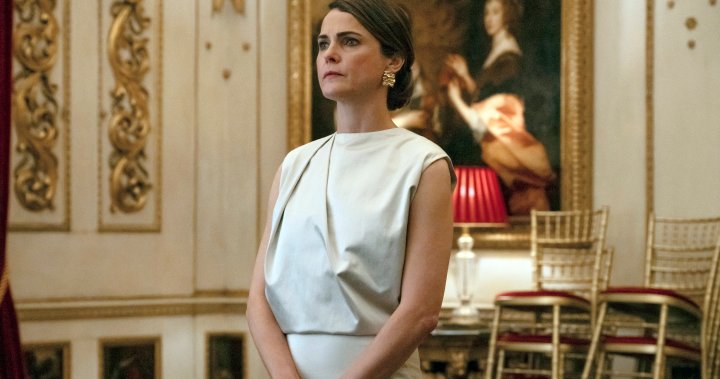The Art of Diplomacy: From Netflix Drama to Real-World Relationships
The Netflix political thriller "The Diplomat" has captured the attention of audiences worldwide, offering a glimpse into the fast-paced, high-stakes world of international relations. While fictionalized, the show’s depiction of diplomatic maneuvering and crisis management resonates with real-world diplomats, highlighting the constant need for communication, collaboration, and a healthy dose of controlled panic. David Prodger, the British deputy high commissioner to Canada, affirms the show’s accuracy in portraying the behind-the-scenes efforts required to maintain international stability. He emphasizes the importance of cultivating relationships at all levels, from casual interactions to formal meetings, to ensure smooth communication and cooperation between nations. Just like in the show, real-world diplomacy relies on these personal connections to address complex issues effectively and prevent crises from escalating.
The Importance of Personal Relationships in Diplomacy
Prodger emphasizes that the core of diplomacy lies in building and maintaining a network of relationships with counterparts from other nations. These connections, often cultivated through informal interactions and less publicized meetings, are crucial for navigating complex diplomatic challenges. While the show might exaggerate the ease with which diplomats access high-ranking officials, it accurately portrays the constant communication and collaboration that occurs between diplomatic missions and their respective headquarters. These consistent interactions, across all levels of government, are the backbone of international diplomacy. They enable a deeper understanding of each other’s perspectives, facilitate quicker responses to emerging crises, and foster trust, ultimately strengthening the "big picture relationship" between nations. The ability to pick up the phone and speak directly with a counterpart in another country, based on a pre-existing relationship, can be invaluable in times of crisis.
The Five Eyes Alliance and the Evolving Threat Landscape
In today’s interconnected world, maintaining national and economic security requires international cooperation more than ever. The Five Eyes intelligence-sharing alliance, comprising Canada, Britain, the United States, Australia, and New Zealand, plays a vital role in this effort. Prodger highlights the increasing importance of this partnership in countering the evolving threats facing democracies, such as disinformation campaigns, cyberattacks, and other forms of hostility. The Five Eyes partnership enables these nations to share sensitive intelligence, coordinate responses, and present a united front against threats that transcend national borders. This collaborative approach is critical for effectively addressing the multifaceted challenges of the 21st century.
Navigating the Challenges of Public Opinion and Transparency
Diplomacy isn’t just about dealing with foreign governments; it also involves managing public perception and maintaining transparency. Prodger acknowledges that diplomats are public servants, accountable to their citizens. Therefore, they must carefully consider how their actions are presented to the public and maintain open communication channels. This transparency is particularly important during times of crisis, such as terrorist attacks or other emergencies, where clear and accurate information is essential to reassure the public and maintain trust in the government’s response. Balancing the need for secrecy in intelligence operations with the public’s right to know is a delicate but essential aspect of modern diplomacy.
A Constant State of Vigilance: Adapting to a Shifting Geopolitical Landscape
While the current global landscape may seem fraught with unprecedented challenges, Prodger offers a different perspective. He argues that the world has always been "on edge," with historical precedents such as the Cold War, the Iraq and Afghanistan wars, 9/11, and the Balkan conflicts. The nature of the threats and the geopolitical landscape may change, but the need for vigilance and adaptation remains constant. Prodger suggests that the current era is characterized by a realignment of global geopolitics, a process that requires constant effort and adaptation from diplomatic communities worldwide. The challenge lies in responding effectively to new and emerging threats while maintaining international stability and cooperation.
The Diplomat: A Reflection of Real-World Challenges
The Netflix series "The Diplomat" offers a dramatized but insightful portrayal of the complexities of international relations. While artistic liberties are taken, the show captures the essence of the diplomatic world, showcasing the importance of personal relationships, the constant need for communication, and the pressure to navigate complex situations with poise and strategic thinking. The "suppressed air of panic" that permeates the show resonates with the reality of working in high-stakes diplomatic environments, where decisions can have far-reaching consequences. The series ultimately serves as a reminder of the crucial role diplomacy plays in maintaining global stability and preventing crises from escalating into full-blown conflicts.

